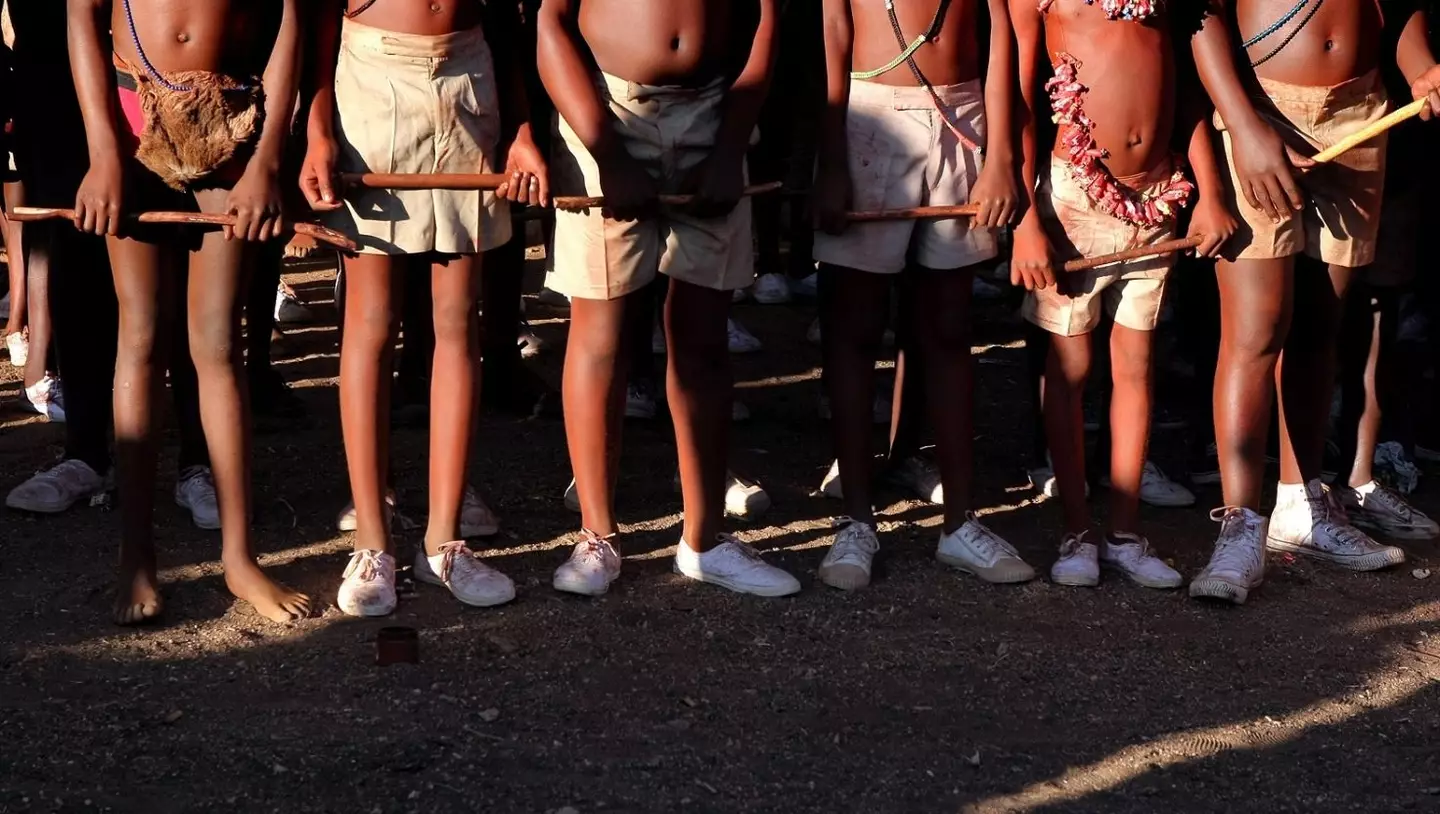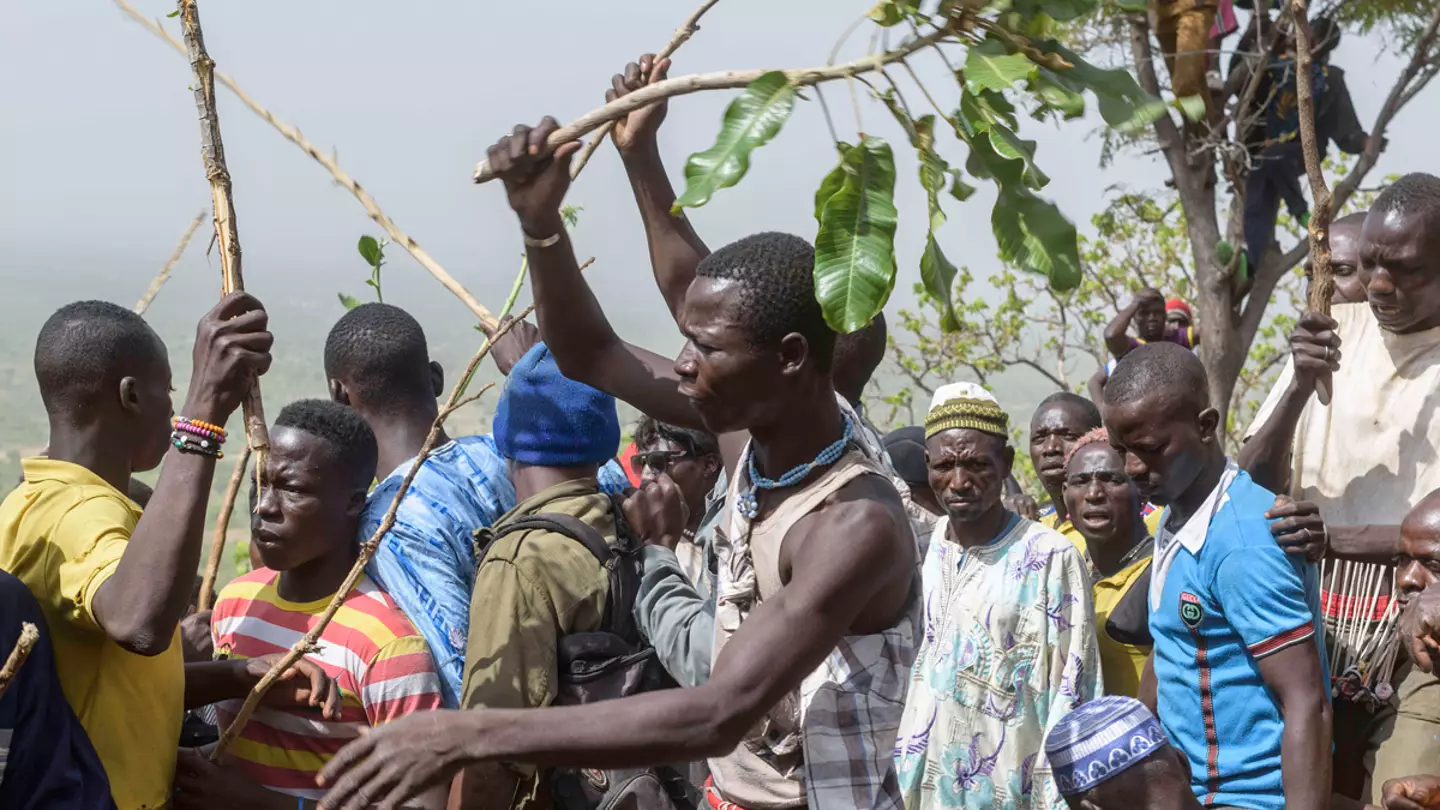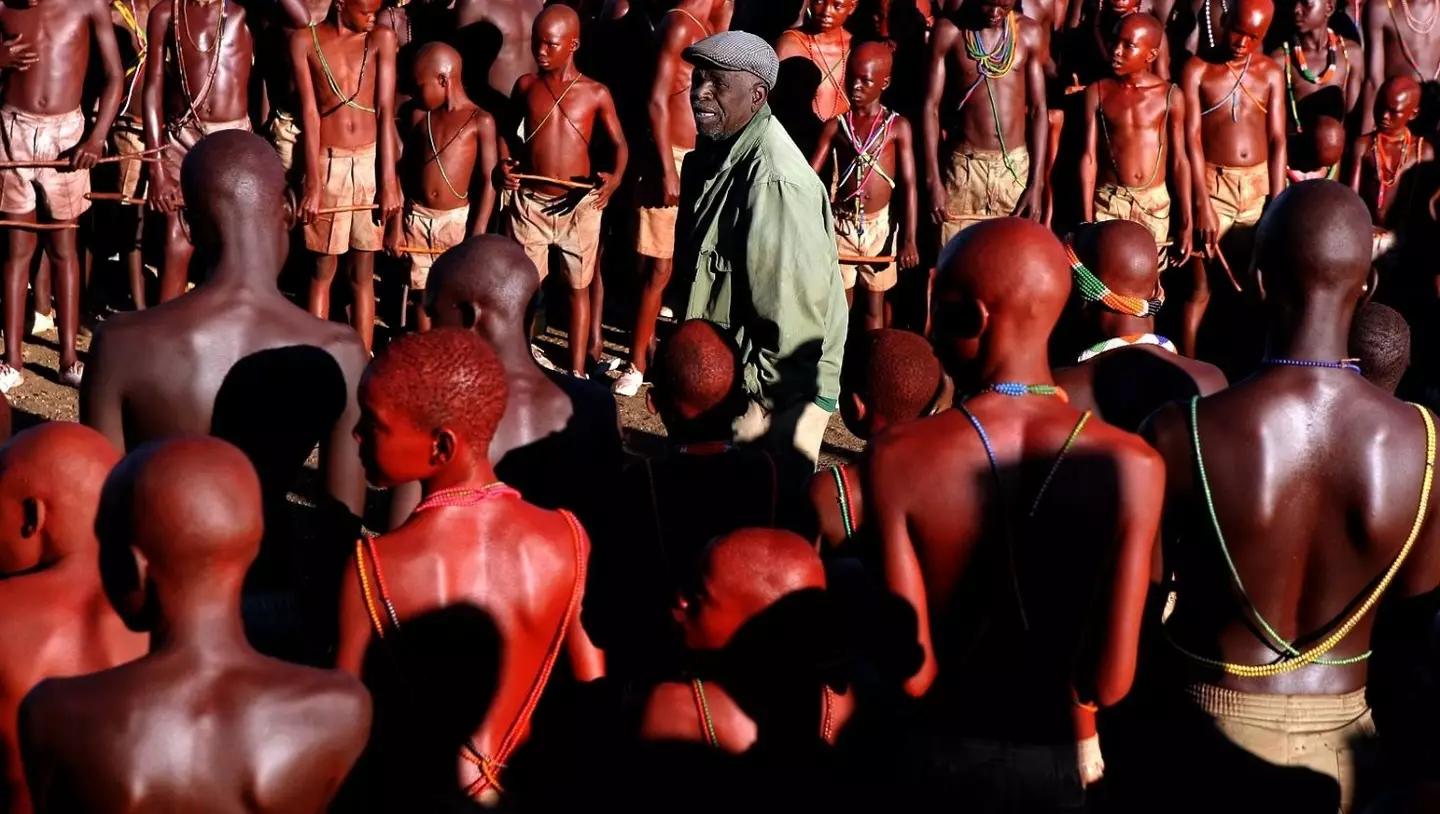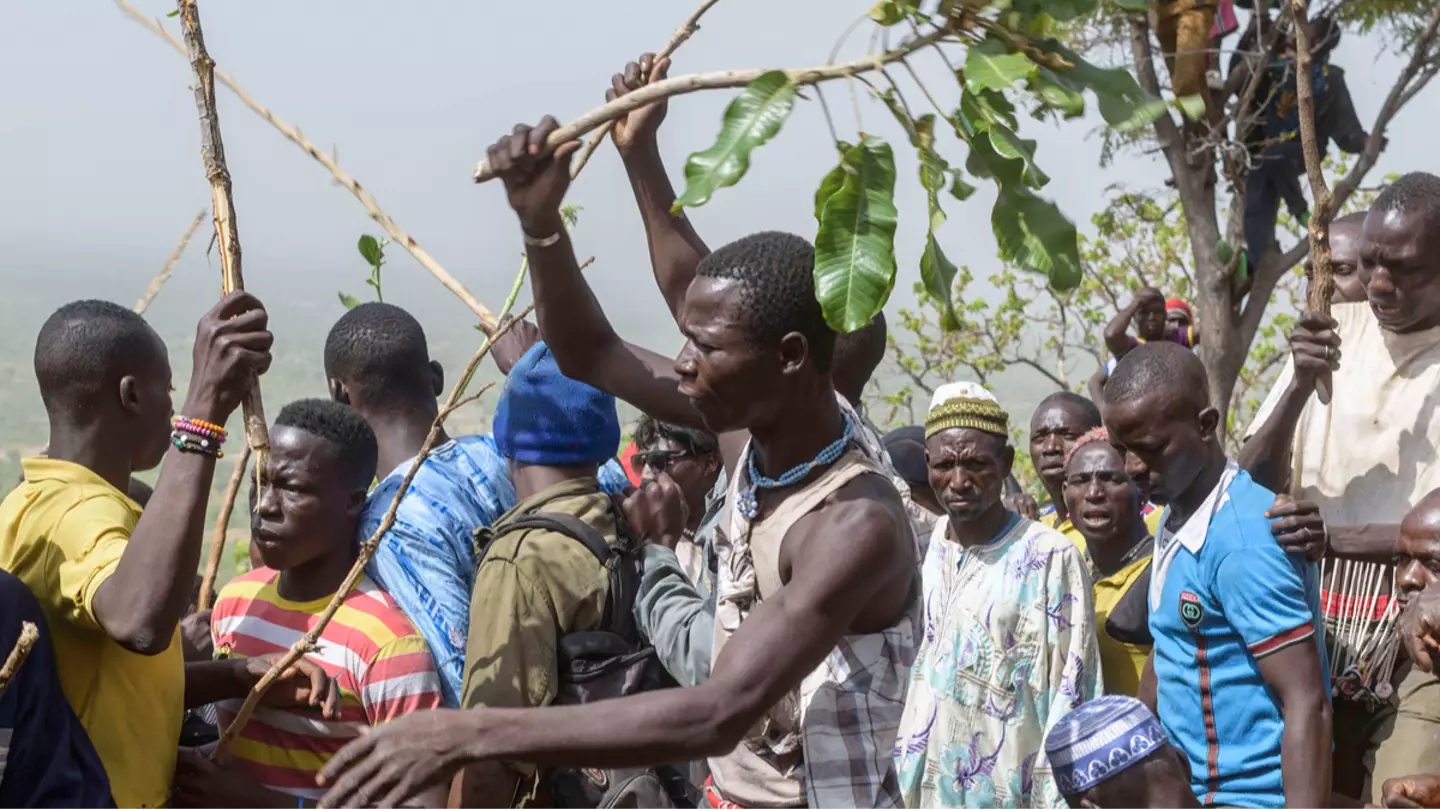This year, a tragic toll of at least 39 young boys has been recorded in 2025, attributed to participation in South Africa’s traditional Ulwaluko, a mass initiation ceremony meant to impart ‘good moral and social values’.
The cultural practice of male initiation, involving circumcision, signifies the transition from boyhood to manhood, as stated by the South African government.
This ritual predominantly occurs among the Xhosa and Ndebele ethnic communities, two of the largest groups in South Africa.
During the initiation process, boys attend special ‘schools’ in remote mountainous locations. The Eastern Cape Department of Health notes that approximately 20,000 boys attend each session.
Previous investigations have revealed that, in addition to circumcision, attendees often endure assault, dehydration, and starvation as part of the initiation process.

While some schools are recognized as legitimate, there are others operated by individuals seeking to profit, despite lacking the qualifications to perform circumcisions, according to Chief Jongumhlaba Hlangu, a traditional leader in Nqgeleni.
In the 2025 season alone, at least 39 boys have perished, with many others suffering mutilations.
These figures follow the deaths of 94 boys in 2024, contributing to a total of 361 fatalities over the past five years, based on official data.
According to the South African Government, the initiation process is traditionally intended to prepare young men to become responsible members of society.
A study featured in Sage Journals supports that the ritual aims to instill positive moral and social values.
Though participation is theoretically optional, those opting out often face exclusion from their peers, with reports of bullying and beatings being common.

Athol Trollip, provincial chairperson of the South African political party ActionSA in the Eastern Cape, had criticized these illegal schools as early as 2023.
“It is common knowledge that the bulk of the deaths occur because of illegal initiation schools run by opportunistic, inexperienced, unqualified and unsupervised individuals who are responsible for the actual circumcision, post-procedural care and overall parental/familial oversight,” he stated.
“ActionSA urges the government of the Eastern Cape to do everything that is required to stop the unnecessary loss of lives during initiation season. The government must reconsider how initiation schools are registered and supervised.”

Eastern Cape government’s Traditional Affairs Minister Mlibo Qoboshiyane emphasized the need for open discussions about the exploitation of the practice to prevent further deaths.
He expressed the government’s desire to collaborate with communities to combat illegal activities rather than interfere with cultural traditions.
Health experts have previously reported ‘horrific cases of rotting penises, septicaemia and inadvertent castrations’ as outcomes of the circumcision ritual.
Additional deaths have been linked to dehydration, hypothermia, and the transmission of HIV due to the reuse of blades on multiple boys.
Due to the inherent risks and historical health issues associated with these schools, many public and private healthcare facilities now provide medical male circumcision.
The South African National Department of Health (NDoH) has also supported Medical Male Circumcision (MMC) as a strategy to prevent HIV among men in South Africa.
However, according to the BBC, some individuals perceive the medical alternative as an attempt to ‘westernize’ their cultural customs.

